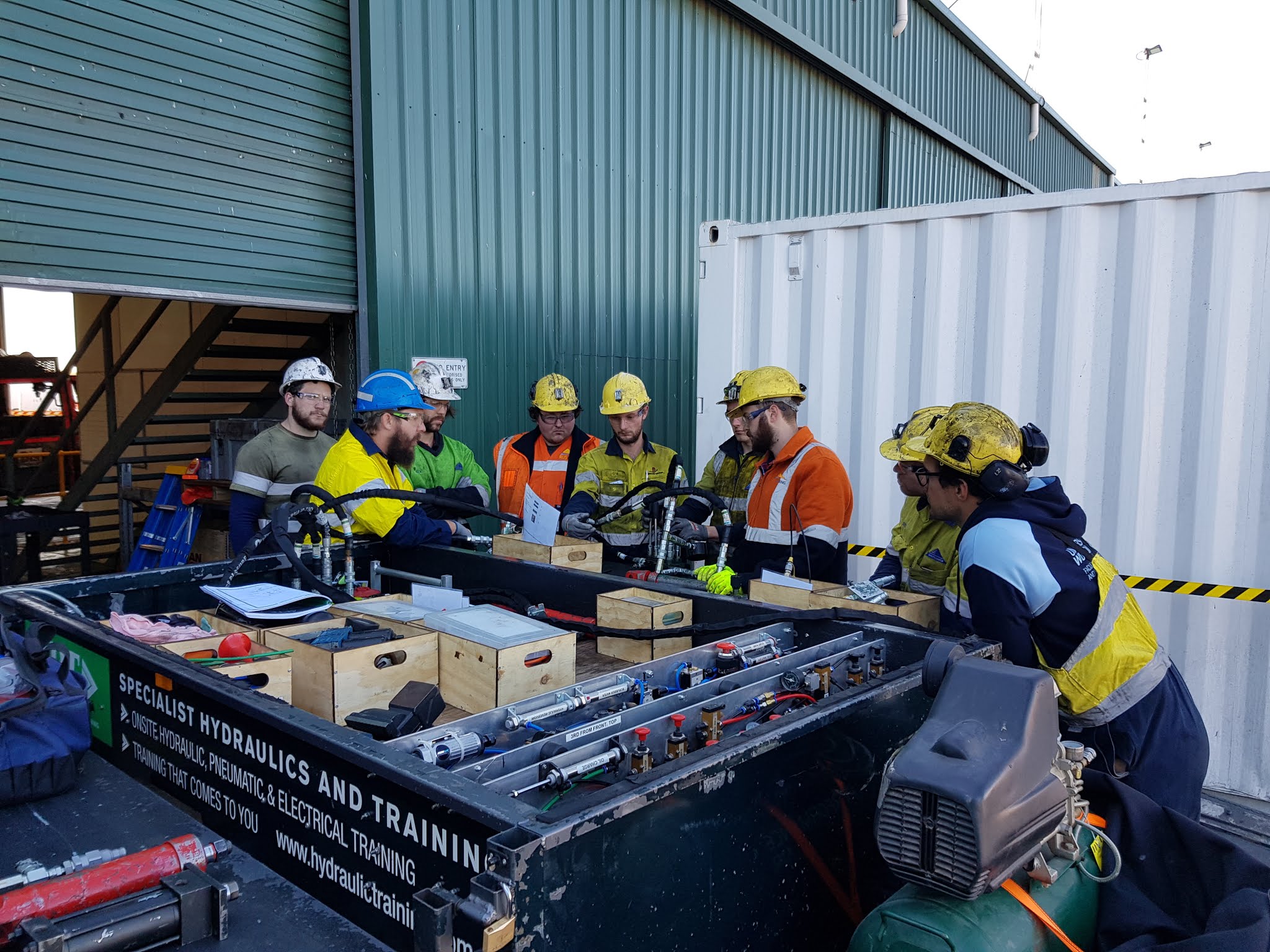
Hydraulic systems play a crucial role in various industries, powering heavy machinery and equipment. Within these systems, load sense technology has emerged as a game-changer. Load sense systems offer enhanced control and efficiency by intelligently managing pressure and flow according to the actual demand of the system. In this article, we will explore how load sense systems operate and why they are invaluable in hydraulic system design.
At the heart of load sense systems is the ability to adjust pressure and flow in real-time based on the load requirements. Unlike traditional hydraulic systems that operate at a fixed pressure, load sense systems have the intelligence to adapt to changing demands, leading to improved energy efficiency and overall system performance. Load sense systems utilise a combination of components and control strategies to achieve their functionality. A load sense pump, pressure compensator, and flow control valves are integral parts of the system. The load sense pump delivers hydraulic fluid at variable flow rates, while the pressure compensator maintains a stable pressure differential across the system. The flow control valves regulate flow based on demand, ensuring optimal performance and preventing excessive pressure drops.
Benefits of Load Sense Systems.
Energy Efficiency: Load sense systems minimise unnecessary energy consumption by delivering fluid only when it is required. This results in significant energy savings and reduced operating costs over time.
Precise Control: Load sense systems offer precise control over pressure and flow, allowing for better manipulation of hydraulic actuators. This precision enhances the overall performance and accuracy of machinery, leading to improved productivity and reduced downtime.
Reduced Heat Generation: By operating at lower pressures during periods of low demand, load sense systems reduce heat generation within the hydraulic system. This results in cooler operating temperatures, prolonging the lifespan of components and reducing the risk of system failures.
Enhanced System Response: Load sense systems provide rapid response times to changes in load requirements. This ensures that hydraulic machinery reacts quickly and efficiently to operator commands, leading to improved productivity and operator satisfaction.
Flexibility and Adaptability: Load sense systems can be customised and tailored to specific application requirements. With the ability to adjust pressure and flow on-the-fly, these systems can adapt to varying loads and operating conditions, making them versatile and suitable for a wide range of applications.
To effectively implement load sense systems, hydraulic system designers must carefully consider system requirements, load characteristics, and component selection. Proper sizing and integration of load sense pumps, pressure compensators, and flow control valves are essential for optimal system performance. Additionally, regular maintenance and monitoring of load sense systems ensure they continue to operate at peak efficiency over their lifespan.
Load sense systems represent a significant advancement in hydraulic system design. Their ability to adapt to changing load demands, enhance energy efficiency, and provide precise control make them invaluable in various industries. By incorporating load sense systems into hydraulic designs, professionals can achieve improved productivity, reduced energy consumption, and enhanced overall system performance. Embracing load sense technology is a step toward a more efficient and sustainable future in hydraulic systems.
See you next week for another Fluid Power Friday.
Kyle